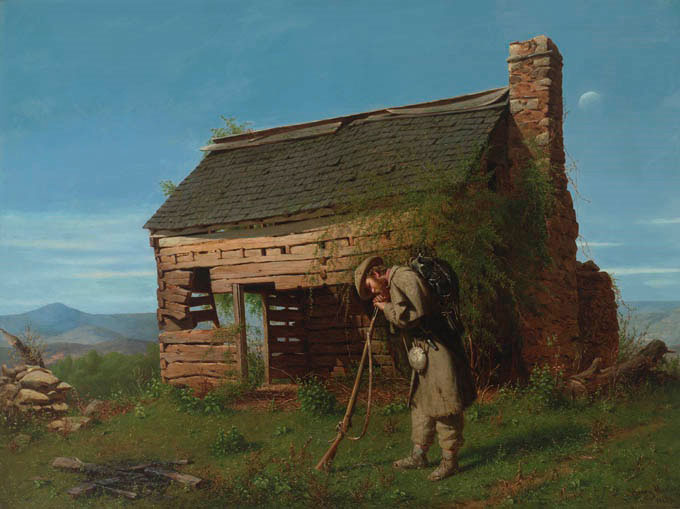|
Viking, Scottish, and Irish culture revolved around honor, shame, and violence in response to insult. Honor culture came to America with the Scots-Irish who settled in the Appalachian South. Status rests more on birth and family than individual achievement or guilt. People are expected to know their place. Disrespect is the greatest offense. To appear a loser is worse than to know oneself a sinner.
This helps me make sense of the history I learned in West Virginia public schools long ago. We took pride in the Confederate General Stonewall Jackson, born in Clarksburg just up the river, and the legendary freedom of mountaineers. We deplored tobacco plantation field slavery but condoned household slavery as benign. We interpreted the Civil War as a conflict over states’ rights, not slavery. Nobody likes to lose, but it is worse when losing carries dishonor and shame. From a Northern, guilt-and-atonement viewpoint, the Confederates fought to preserve slavery and lost. From a Southern viewpoint, honor was at stake. Flags and monuments are not about remembering history, but rather about honor and respect. “You lost, get over it” means nothing except as a further insult. Image: Henry Mosler, The Lost Cause, 1869. Morris Museum of Art, Augusta, Georgia.
2 Comments
Matt
1/22/2024 08:57:30 am
People seem to put up and take down statues mostly when they get worked up about a cultural issue, according to the data here:
Reply
1/22/2024 08:32:41 pm
Interesting article and persuasive interpretation. When the taking down of statues and renaming of institutions extends beyond Confederate generals to anyone who held slaves, what happens when people get worked up about a different cultural issue? What if the person honored by a replacement statue then turns out to have beaten his wife or jailed people for homosexual acts? Do we try to stay ahead of the next cultural issue by finding honorees guaranteed flawless? I see only two solutions: either stop using names or images of individuals in public spaces, or evaluate whether to remove/change them only if their flaw is closely related to the reason for their fame.
Reply
Leave a Reply. |
AuthorI'm a historian who writes novels and literary nonfiction. My home base is Madison, Wisconsin. Archives
July 2024
|

 RSS Feed
RSS Feed